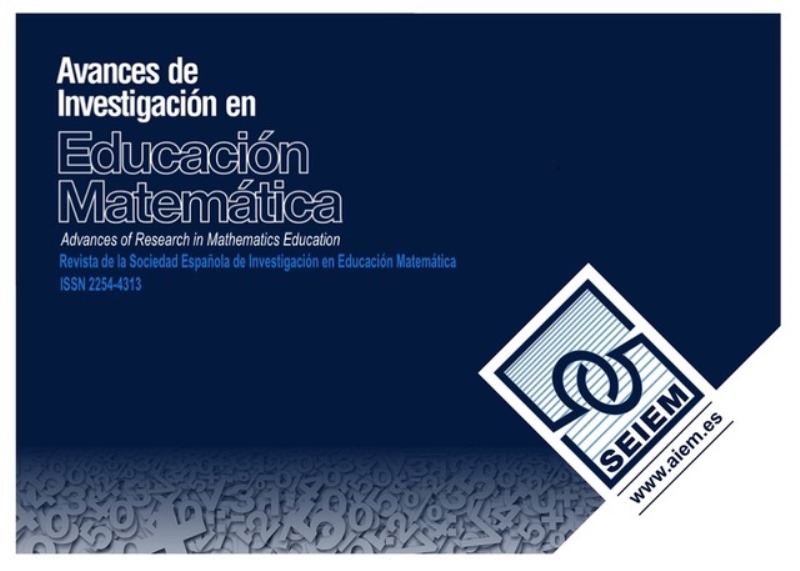Competencies in understanding statistical information in primary and secondary school levels
An inter-cultural empirical study with German and Colombian students
DOI:
https://doi.org/10.35763/aiem.v1i7.103Keywords:
Hierarchical competency model, levels of competency, elementary school, secondary school, intercultural studyAbstract
This paper is devoted to examining the validity of a hierarchical competency model of statistical literacy by assessing the corresponding competency levels of primary and secondary students from Colombia and Germany. The results replicate prior findings and confirm the hierarchical competency model. The study has two novel components with respect to previous work on competency levels in statistical literacy: it examines elementary school performance and it includes an intercultural comparison. The competency scores reached by the students, however, suggest specific profiles of subgroups of learners included in the study. The intercultural study is clearly exploratory since the samples both in Colombia and in Germany were not representative. The results point to interesting new questions and motivate further intercultural research.
Downloads
Downloads
Published
How to Cite
Issue
Section
License
The articles published in this journal are under a license Creative Commons: By 4.0 España from number 21 (2022).
Authors who publish with this journal agree to the following terms:
- Authors retain copyright and keep the acknowledgement of authorship.
- The texts published in this journal are – unless indicated otherwise – covered by the Creative Commons Attribution 4.0 international licence. You may copy, distribute, transmit and adapt the work, provided you attribute it (authorship, journal name, publisher) in the manner specified by the author(s) or licensor(s). The full text of the licence can be consulted here: http://creativecommons.org/licenses/by-nc/4.0.
- Authors are able to enter into separate, additional contractual arrangements for the non-exclusive distribution of the journal's published version of the work (e.g., post it to an institutional repository or publish it in a book), with an acknowledgement of its initial publication in this journal.
- Authors are permitted and encouraged to post their work online (e.g., in institutional repositories or on their website) prior to and during the submission process, as it can lead to productive exchanges, as well as earlier and greater citation of published work (See The Effect of Open Access).









